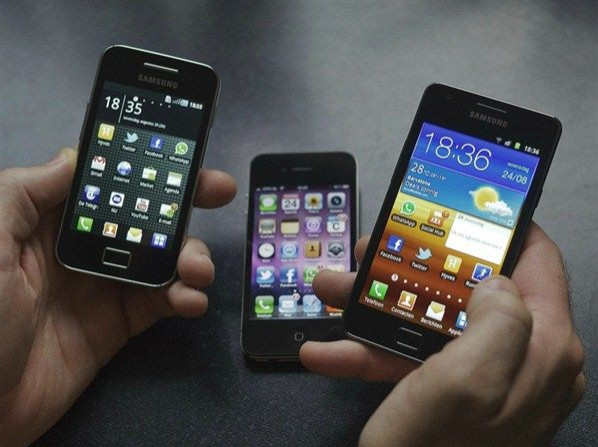White House Petition To Make Phone Unlocking Legal Again Reaches 100,000 Signatures; Government Must Now Respond

Just two days before its Feb. 23 deadline, the White House petition to make cellphone unlocking legal again passed the all-important 100,000 signatures mark, which means the U.S. government is required to issue an official response.
The petition was started on Jan. 24 by San Francisco resident Sina Khanifar, who at one time faced a five-year prison sentence and a $500,000 fine for “circumventing protection measures of Motorola phones” when he was an undergraduate college student – a physics major – simply because he created a program that could help people unlock their cellphones so they could make calls on any carrier.
“I was 20 years old and terrified; my immediate reaction was to shut down the business,” Khanifar wrote on his blog. “The prospect of 5 years or more in prison was devastating.”
When Stanford’s Cyberlaw Clinic founder Jennifer Granick offered pro bono help to assist Khanifar in responding to Motorola’s demands, Motorola eventually dropped the case. Granick went on to make unlocking cellphones exempt from the DMCA, or Digital Millennium Copyright Act, in 2006, but that exemption was removed this in November on behalf of the Copyright Office and Library of Congress. As a result, anyone unlocking a new cellphone, or providing phone unlocking services after Jan. 26, could risk up to five years of jail time – for each offense.
“For consumers, the consequences of this are fewer choices and increased restrictions to freedoms we currently take for granted,” Khanifar said. “If you’re traveling abroad and want to use your current cellphone, you’ll need to pay exorbitant roaming charges. As an example, AT&T charges customers $1.50 per minute for calls and $19.50 per megabyte consumed while traveling in Europe. Compare that with the $0.30 per minute and $0.20 per megabyte that you’d be charged in the UK with a prepaid SIM card and an unlocked phone, and it amounts to extortion.”
Khanifar compares the act of unlocking a cellphone to customizing a computer:
“Intuitively we understand that once we’ve purchased a product it’s up to us how we use or modify it,” Khanifar said. “Replacing the hard drive on a Macbook may invalidate our warranty, but it isn’t, and shouldn’t be, illegal.”
Without an exemption for cellphone unlocking, Khanifar argues that the law is keeping the power in the hands of carriers and manufacturers, protecting their profits rather than encouraging freedom and choice.
“The decision to remove the exemption for unlocking phones is bad for consumers, and it’s up to our elected officials to help defend consumer rights,” Khanifar said. “Unfortunately, the Library of Congress and the Copyright Office are staffed by unelected officials who aren’t directly beholden to voters.”
As of Thursday morning, the petition has already accumulated 101,588 signatures. We have reached out to Khanifar to get his thoughts on passing the 100,000 goal, as well as his opinions on what the government should do to better regulate carriers and manufacturers moving forward. We will update this article as soon as we receive his response, and we will also let you know as soon as the White House issues its own response.
Read the full text from Khanifar’s White House petition here:
Make Unlocking Cellphones Legal
The Librarian of Congress decided in October 2012 that unlocking of cellphones would be removed from the exceptions to the DMCA.
As of Jan. 26, consumers will no longer be able unlock their phones for use on a different network without carrier permission, even after their contract has expired.
Consumers will be forced to pay exorbitant roaming fees to make calls while traveling abroad. It reduces consumer choice, and decreases the resale value of devices that consumers have paid for in full.
The Librarian noted that carriers are offering more unlocked phones at present, but the great majority of phones sold are still locked.
We ask that the White House ask the Librarian of Congress to rescind this decision, and failing that, champion a bill that makes unlocking permanently legal.
© Copyright IBTimes 2024. All rights reserved.






















